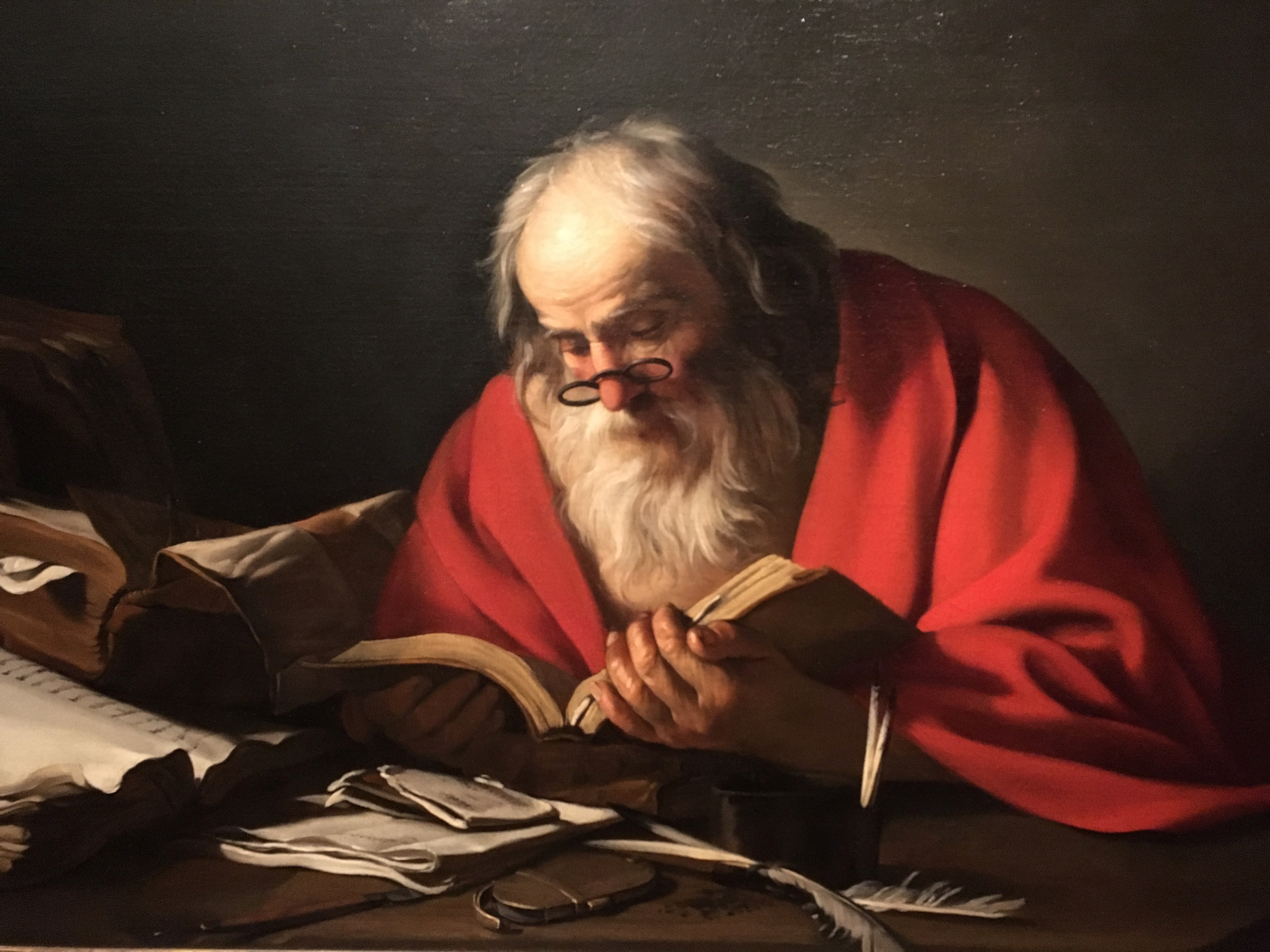1) A reader of books is a reader of himself
Every reader, as he reads, is actually the reader of himself. The writer’s work is only a kind of optical instrument he provides the reader so he can discern what he might never have seen in himself without this book. The reader’s recognition in himself of what the book says is proof of the book’s truth.
–Marcel Proust, Time Regained (1913)
2) We see ourselves more clearly in the books of others than our “real lives”
I do believe, as this book suggests, that we can see ourselves more clearly in the books of others, often, than in our “real lives.” I’ve learned a lot about myself, not always flatteringly, from reading Philip Roth and John le Carre and Derek Walcott and even President Obama’s two books.
–Pico Iyer, “The Joy of Reading Graham Greene,” The Atlantic, Jan. 9, 2012
3) Reading has a way of magnifying and dramatizing our days
Why are we reading if not in hope that the writer will magnify and dramatize our days, will illuminate and inspire us with wisdom, courage, and the possibility of meaningfulness, and will press upon our minds the deepest mysteries, so we may feel again their majesty and power? What do we ever know that is higher than that power which, from time to time, seizes our lives, and reveals us startlingly to ourselves as creatures set down here bewildered? Why does death catch us by surprise, and why love? We should amass half-dressed in long lines like tribesmen and shake gourds at each other, to wake up; instead we watch television and miss the show.
–Annie Dillard, The Writing Life (1989)
4) People who are addicted to reading are trying to recreate childlike wonder
I have a secret theory that people who are addicted to reading are almost trying to recreate the joy, the comfortable joy of being read to as a child by a parent or a friendly uncle or an older sibling. Being read to as a child is one of the great experiences in life. Of course, I was always fascinated by the ability to read, and I’ll make this confession: before I could read, I pretended I could. My parents would have company over at our house, and I would get out a volume of Compton’s Encyclopedia, at the age of four or five, and sit there in an armchair and pretend to be reading—I would look very studious. I was the youngest phony in America.
–Billy Collins, Paris Review interview (2001)
5) Books can transform us in uncomfortable ways
There’s little doubt that books can transform us. But transformation isn’t always comfortable — a book must be the ax for the frozen sea inside us, Kafka said. When literature is at once luxury commodity and magic pill, the change we seek from it is unlikely to be the kind that comes from being alienated, devastated, or having the ground under us whisked away.
–Dora Zhang, “Literature and Money,” The Chronicle Review, March 23, 2015
6) Reading reminds you how little you know
I read my way out of the two libraries in Harlem by the time I was thirteen. One does learn a great deal about writing this way. First of all, you learn how little you know. It is true that the more one learns the less one knows. I’m still learning how to write. I don’t know what technique is. All I know is that you have to make the reader see it.
–James Baldwin, Paris Review interview (1984)
7) Read what you want to write – nothing less
I feel like it’s amazing how many people I know who want to be writers who don’t really read. I’m not convinced someone wants to be a writer if they don’t read. I don’t think the problem is that they need to read more; I think they might need to readjust their life goals. Reading is the nourishment that lets you do interesting work. To be reading good things. I feel that you should be reading what you want to write. Nothing less.
–Jennifer Egan, interviewed in The Days of Yore, Apr. 19, 2011

